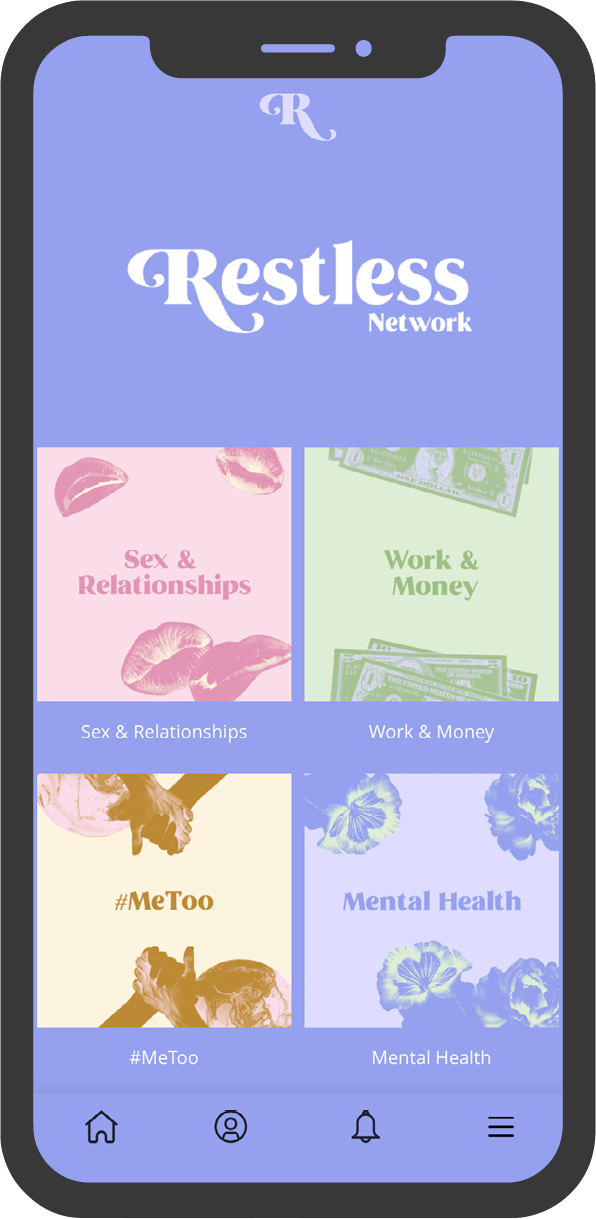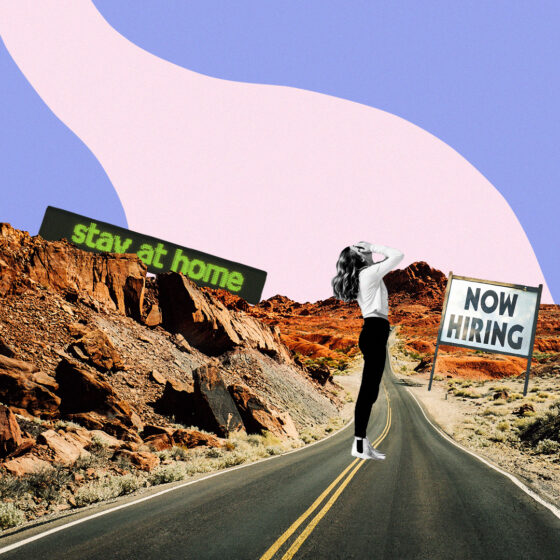The #MeToo movement that caught fire in 2017 was built around survivors of sexual assault and harassment sharing their stories online. Some spoke to reporters in great detail to support the in-depth journalism that brought down frequent offenders like Harvey Weinstein, while others shared simply the five-letter hashtag #MeToo.
But while the #MeToo movement made clear that there can be immense power, and immense relief, in sharing your story, when it comes to opening up about an experience of sexual violation, there’s no “right” way to do it, no one-size-fits-all approach.
While we think of the #MeToo movement as a major public confrontation of rape culture, it also spurred countless smaller-scale articulations of these experiences, with women explaining their trauma to friends, partners, and family. This can be a complex and difficult-to-navigate experience for the friend listening, but responding in a supportive and appropriate manner can make a big difference for the assault survivor. There are no magic words or perfect solutions, but there are a few guidelines that can help you handle the situation with grace.
**Listen**
If your friend is coming to you to share an experience of sexual assault or harrassment, they have decided that they want or need to have a dialogue about their experience. That is not the moment for commentary, corrections or suggestions. It’s a moment to simply listen and take in all that they’re saying. Do not attempt to question or discount their story.
**Do not assign them blame **
Sexual assault is never, ever the survivor’s fault. If your friend is experiencing shame as a result of their experience, remind them that they are absolutely not the person responsible. Approach your friend from a place of empathy, warmth and compassion, in the hopes that they will be able to incorporate the same positive emotions into their own self-talk.
**Respect your friend’s autonomy **
It can be tempting to want to leap into action – to call the police and ten therapists and try to make everything better. But this experience is not about what you want to do. It is possible that your friend will want to speak with a therapist, but they also may want to wait. It is possible that they will want to reach out to police or other authorities, but it’s also possible that they won’t. These decisions are up to them. You are there to listen and be supportive, not to decide what is best – which only they can truly know.
**Offer resources, only if your friend wants them **
If your friend is interested, there are resources available to help them.
In the UK, the 24-hour National Domestic Abuse Helpline can be reached at 0808 2000 247 and the Rape Crisis national freephone helpline can be reached at 0808 802 9999. In the US, the RAINN National Sexual Assault Hotline can be reached [online ](https://rainn.org/get-help)or at 800-656-4673.
If they do plan to report to the police, encourage your friend not to wash or change clothes immediately after the assault in order to preserve evidence. You can use this tool to find your nearest [Rape and Sexual Assault Referral Centre](https://www.nhs.uk/service-search/other-services/Rape-and-sexual-assault-referral-centres/LocationSearch/364).
Various resources are available from sexual assault prevention and support organisations on topics including [self-care after trauma](https://rainn.org/articles/self-care-after-trauma), [how to think through your options for sharing your experience](https://abarcc.org/assets/docs/Sharing_Your_Story_How_to_Think_through_Your_Options.pdf), and the [sexual abuse counselling directory](https://www.counselling-directory.org.uk/sexual-abuse.html), should your friend choose to seek therapy.
**Understand that recovery looks different for everyone**
Recovery for survivors may not be linear. It may not look the way you expect it to. Your friend may need to tell no one, or they may need to tell ten people. They may want time alone or to be surrounded by friends. Their needs may vary widely from one day to the next. Your job as a friend is to be supportive and accepting of whatever version of recovery is right for your friend.
And finally, listening to experiences of sexual harassment and assault can be challenging, especially if you yourself are a survivor. No matter what, make sure to take care of yourself too.













